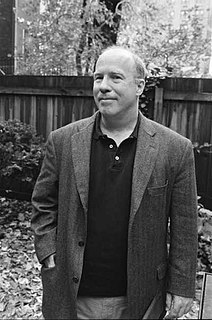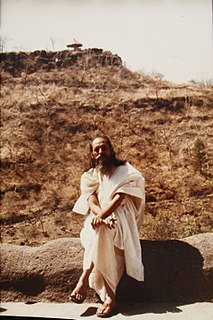A Quote by Karen Armstrong
In order to always treat others, as we would wish to be treated ourselves, we have to learn about each other. Not just relying on an op-ed piece we may have read here, or a half-remembered interview on the television program there that happens to chime with our own views.
Related Quotes
I think that the first point to be made is there is no "solution" in Afghanistan. Solution I put in quotes. We live in an op-ed culture, which is to say, you always need to have a solution. The last third of that op-ed piece needs to say, "Do this, this, this and this." There is no this, this, this, and this, that will make Afghanistan right.
What we can do is to live out our lives as best we can with purpose, and love, and joy. We can use each day to show those who are closest to us how much we care about them, and treat others with the kindness and respect that we wish for ourselves. We can learn from our mistakes and grow from our failures. And we can strive at all costs to make a better world.
I want to create a rapid response team, right around the world, perhaps starting originally with our partners, similar to the one we have in the United Nations whereby, where there's a problem in our society which demands a compassionate response, an educated, informed, not just a splurgy emotional thing, but an informed compassionate response that puts yourself in the position of the other and sees all sides of the problem, not just your own, there'll be somebody poised in each society who can write to the media, write an op-ed piece, to go on TV or radio.
There are some who wish to learn for no other reason than that they may be looked upon as learned, which is ridiculous vanity ... Others desire to learn that they may morally instruct others, that is love. And, lastly, there are some who wish to learn that they may be themselves edified; and that is prudence.
There's a great op-ed piece by Kurt Johnson, who runs The List Project, that I recommend everyone read. He was talking about how he's been trying to get out of Iraq who were our allies, who are now subject to torture, and their families are being killed because of their alliance to the United States.
I wrote an op-ed piece in The New York Times about the amazing effect of shared wonder - how I have an audience filled with people who you'd think would hate each other, people from every religious category, all at the same show at the same time. And it's an amazing phenomenon to watch this shared sense of wonder, where these people who really don't like each other - for good and bad reasons, reasons that make sense and that don't make sense - are in the same room, experiencing this unification.
Language is the primary way we communicate with each other, and we have really strong feelings about what words mean, and about good language and bad. Those things are really based on sort of an agglutination of half-remembered rules from high school or college, and our own personal views on language and the things we grew up saying, the things we grew up being told not to say.
We are great mysteries. No matter what we imagine we may know, even for all the facts we might gather, we don't know each other. Never do, probably never will. Our reputations depend on the opinions of the ill informed. We all have better moments than anybody ever knows, and so do all the others. We are, each one of us, books that are read by critics who only glanced at the chapter headings and the jacket flap. Each one of us is a secret, and on that basis we ought to treat each other with the deepest respect.





































